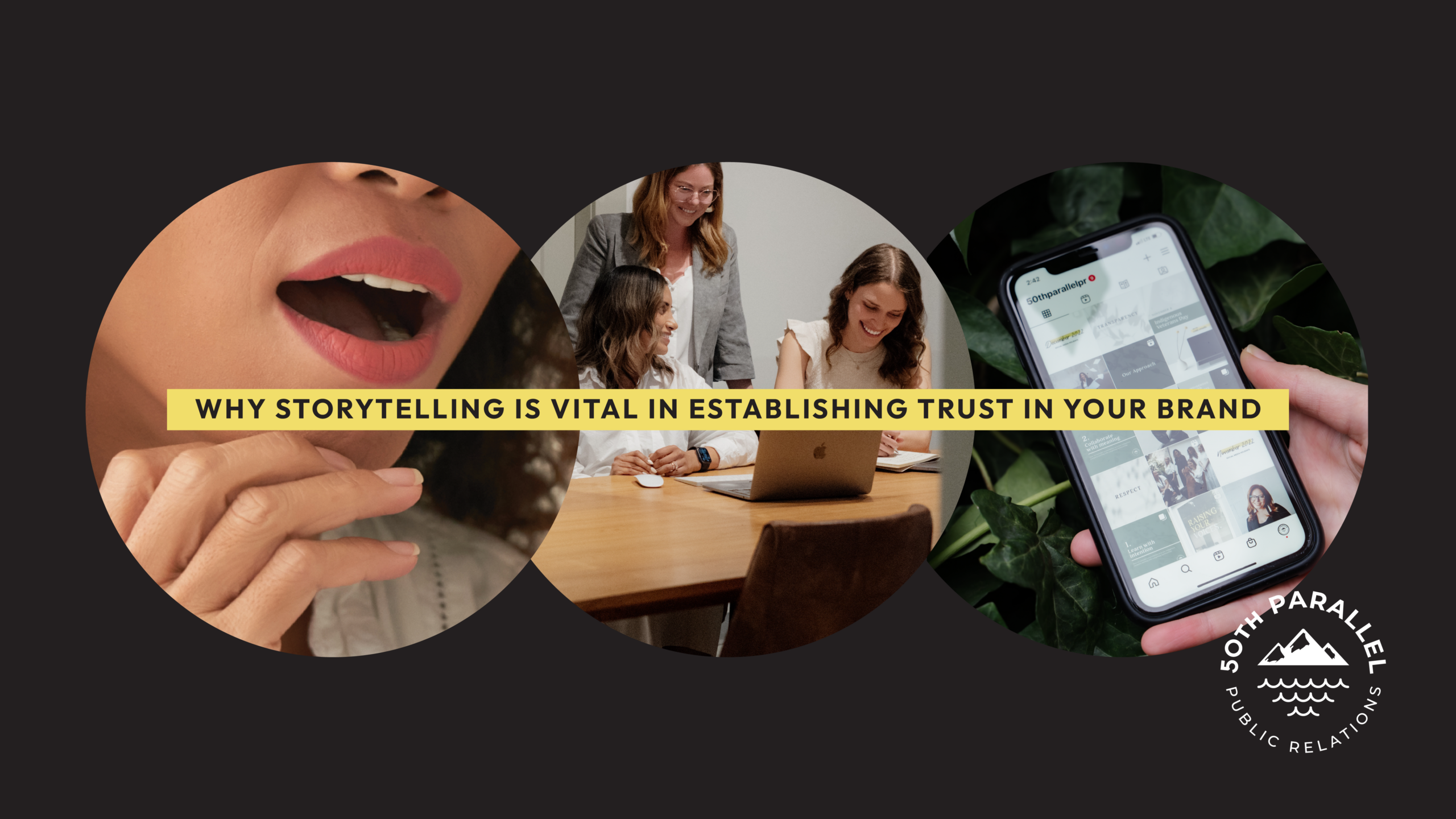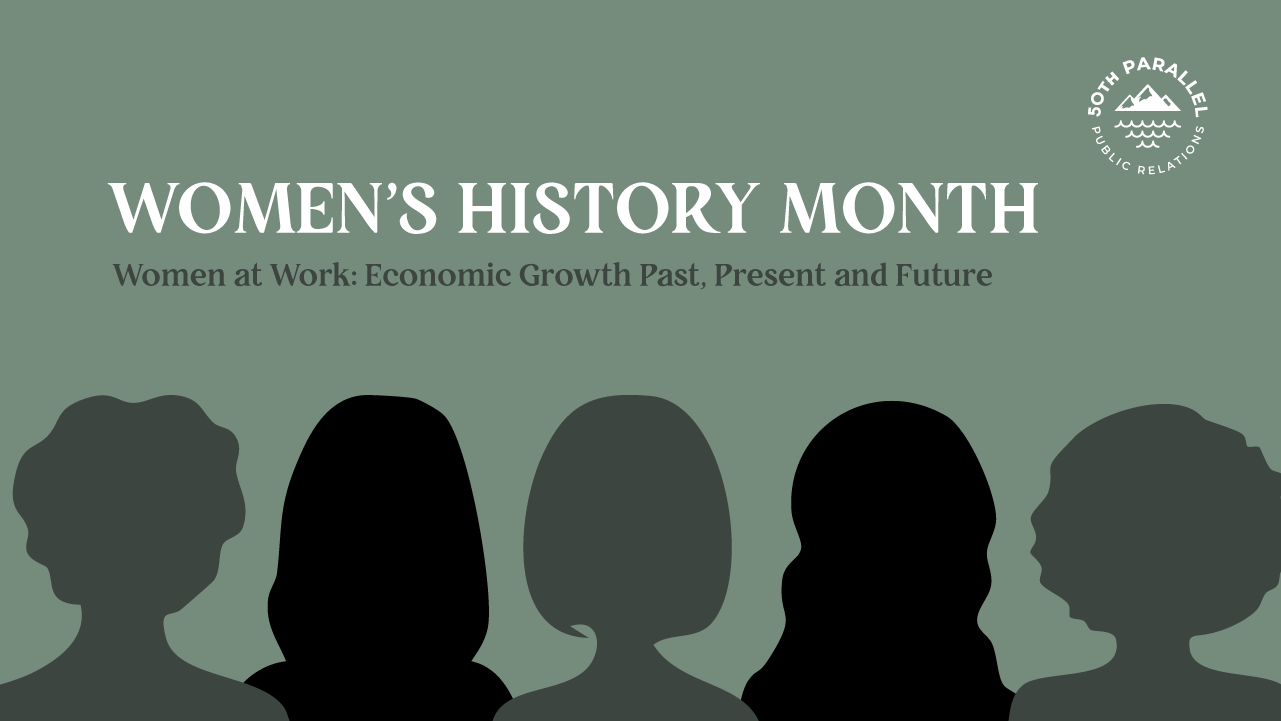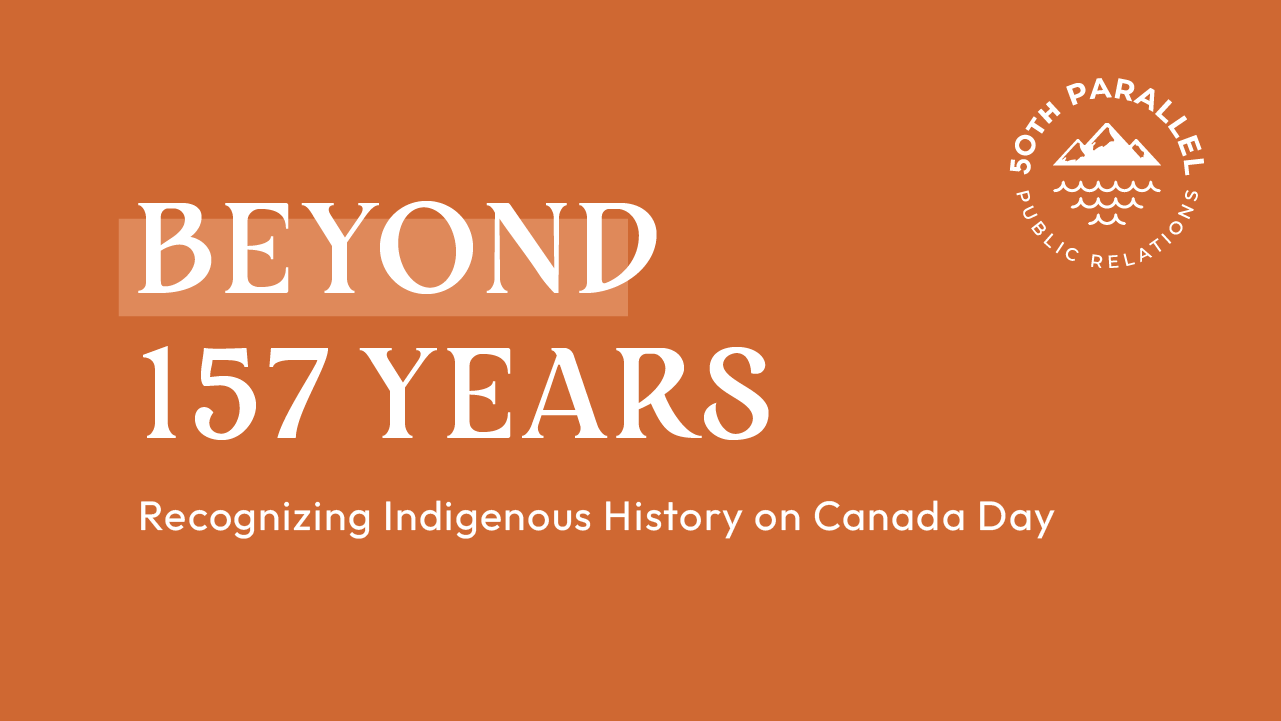Everyone loves a good story. Good stories captivate us, spark our imagination and inspire creativity. They help us relax and can take us to new worlds. But, more importantly, from a communications standpoint, good storytelling has the potential to generate support from our neighbours and to create a global movement.
The science behind this is fascinating. When we hear a good story, one that resonates with us, our body releases an “Angel’s Cocktail” of chemicals: dopamine, oxytocin and endorphins. This mix of our brain’s three main chemicals are responsible for making us feel more motivated and focused, more bonded and emotionally connected, as well as relaxed and happy. This gives stories the amazing ability to create connections between readers who might otherwise be strangers, making it a powerful tool in public relations.
How the audience affects storytelling
How stories are told changes depending on who the story is coming from and who it is for. Check out our thoughts below.

Non-profit organizations are people-focused, providing programs, services and advocacy that enrich the lives of those they serve. As such, it is important to craft narratives that inspire action, create a sense of community and talk about real, relatable people. This allows the reader to establish emotional connections, releasing those “feel good” chemicals and increasing trust and empathy. As trust builds, the target audience is more likely to take action, whether through donations, volunteering or simply spreading the word.

Storytelling is an integral part of many Indigenous cultures that has been used for centuries as a traditional way of passing on knowledge. Incorporating Indigenous language and oral history into storytelling not only honours the reconciliation process, upholding the revitalization of traditional culture and language, but it also builds a captivated audience. The First Nation, Metis and Inuit communities of this land have a rich history, both before and after settlers arrived, and it is through storytelling that their voices are elevated and their experiences are heard. One doesn’t have to share an experience to feel empathy or be inspired. Simply hearing a good story can spark these emotions.
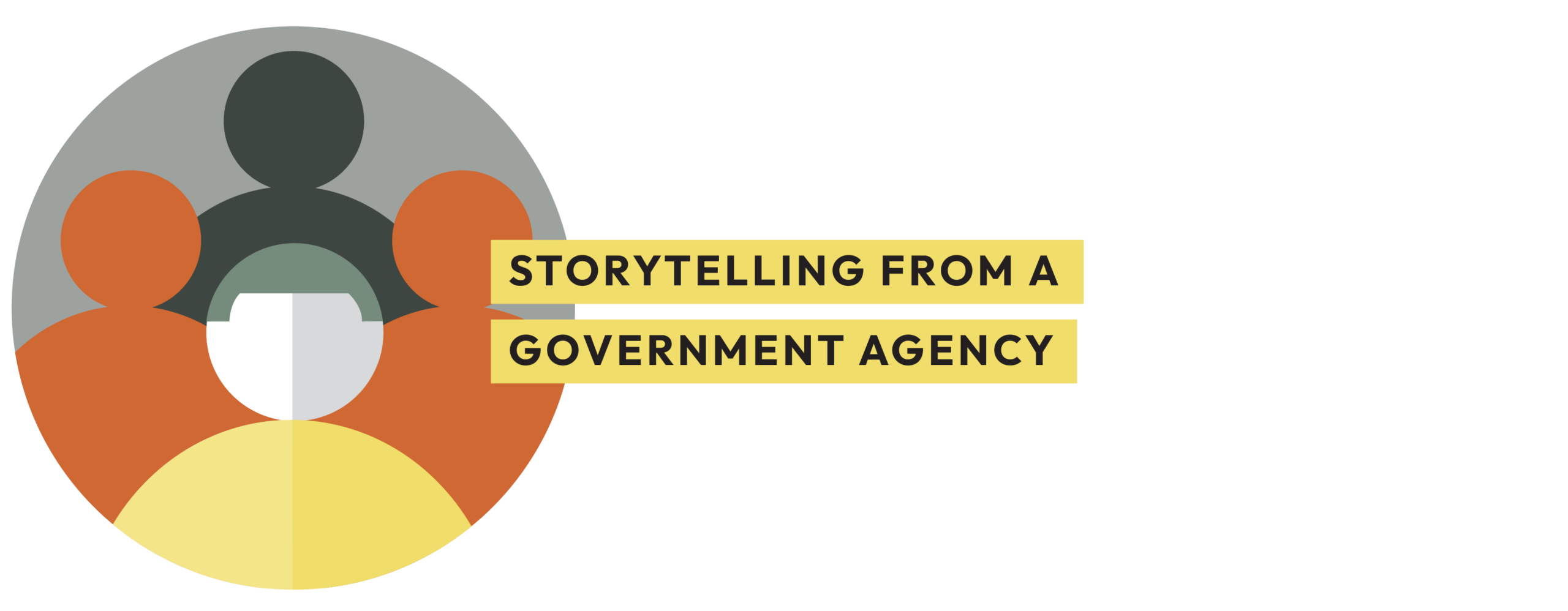
When it comes to information shared by government agencies, it is important to recognize your audience may have a wide range of reading abilities and overall comprehension of the government system. This is where storytelling is ideal. Complex information, such as the annual budgeting process, treaty negotiations or an upcoming election, is much easier to digest when it is shared through narrative rather than facts. Storytelling creates authenticity, something that is vital when you require engagement and participation from an electorate. Stories that come from a human perspective, rather than one that comes from numbers or parliamentary jargon, are longer lasting and more meaningful.
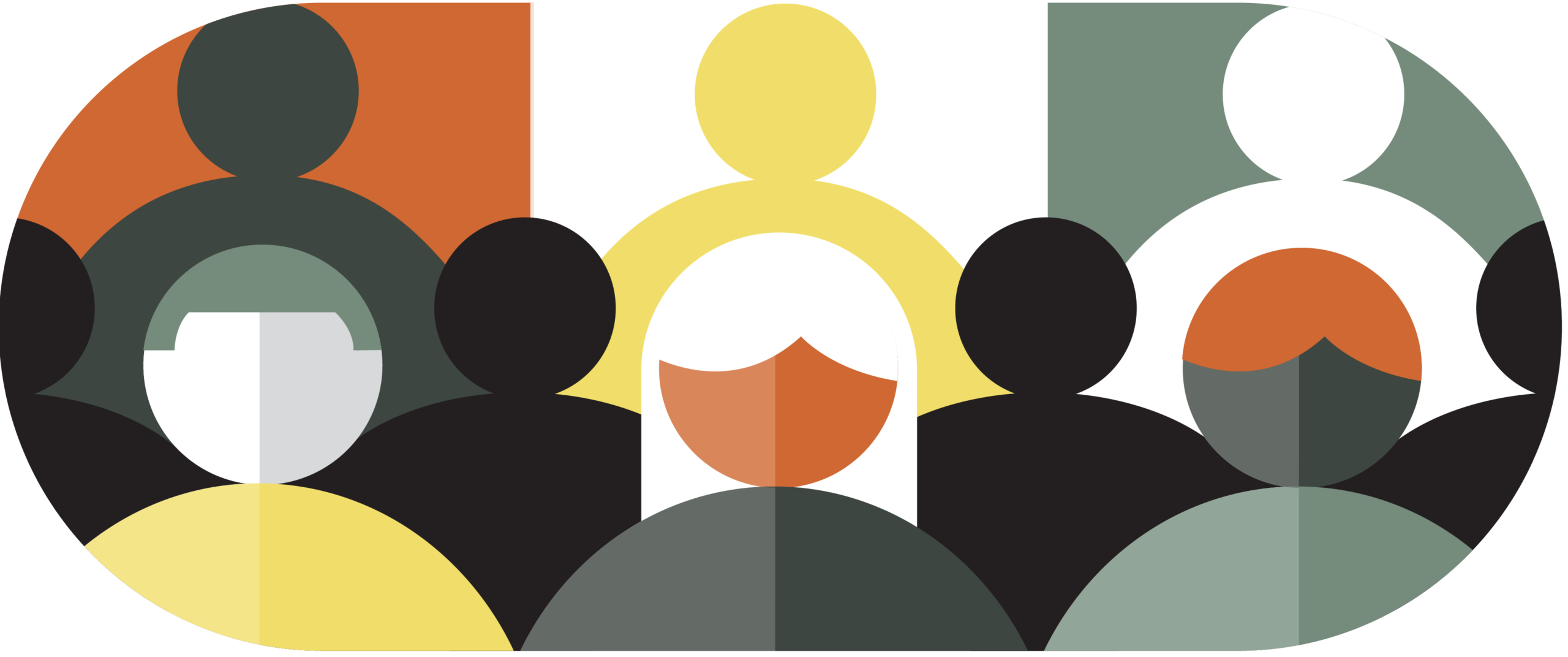
At 50th, we want to capture the attention of your audience through compelling and meaningful stories about your brand. Storytelling takes complex ideas and forms them into easy-to-understand narratives, giving your brand a voice and personality; something that people can relate and hold on to. It also shows your brand’s authenticity, while embodying its values.


